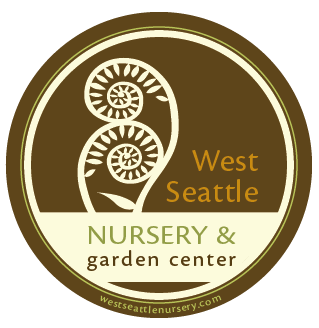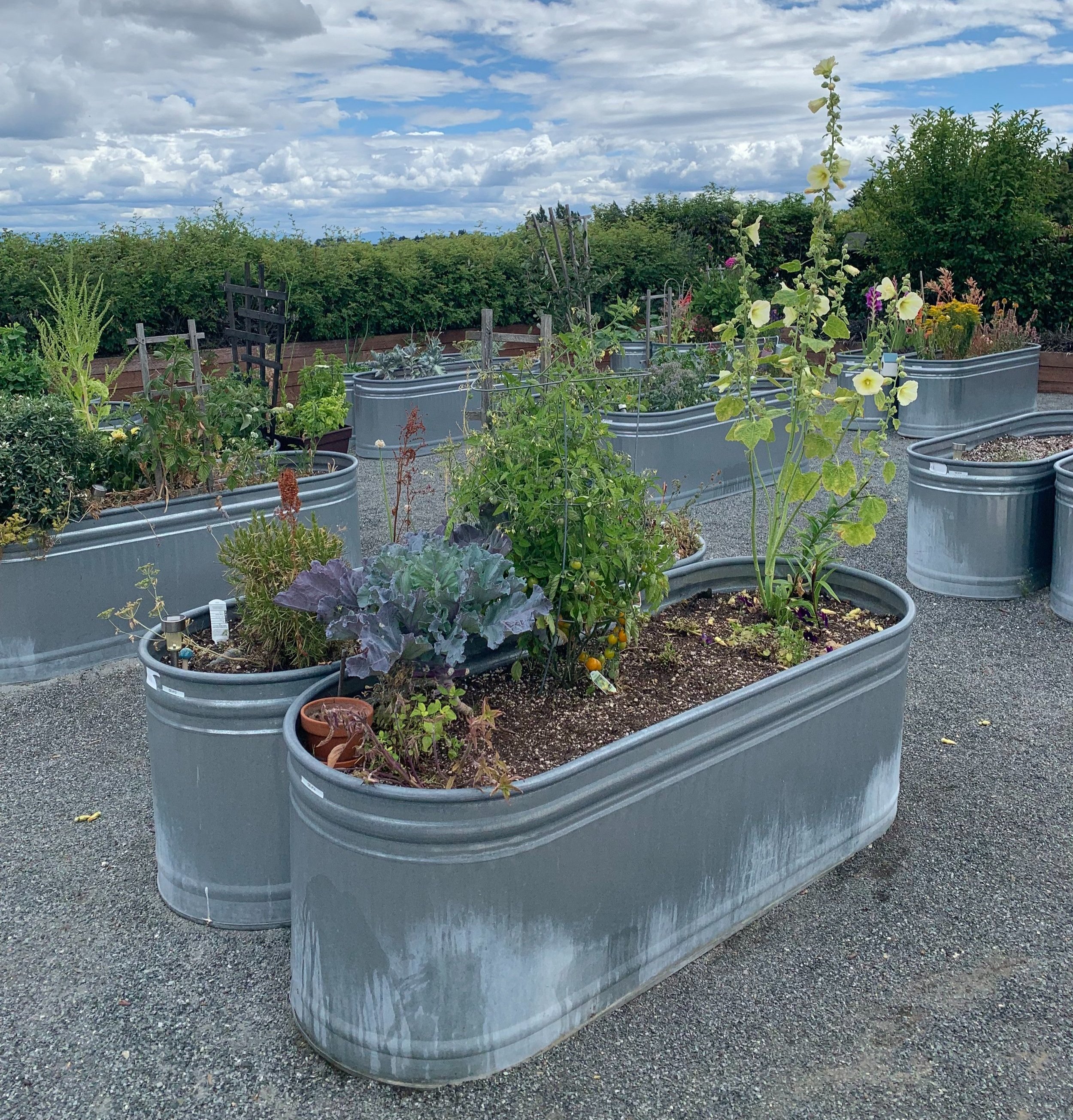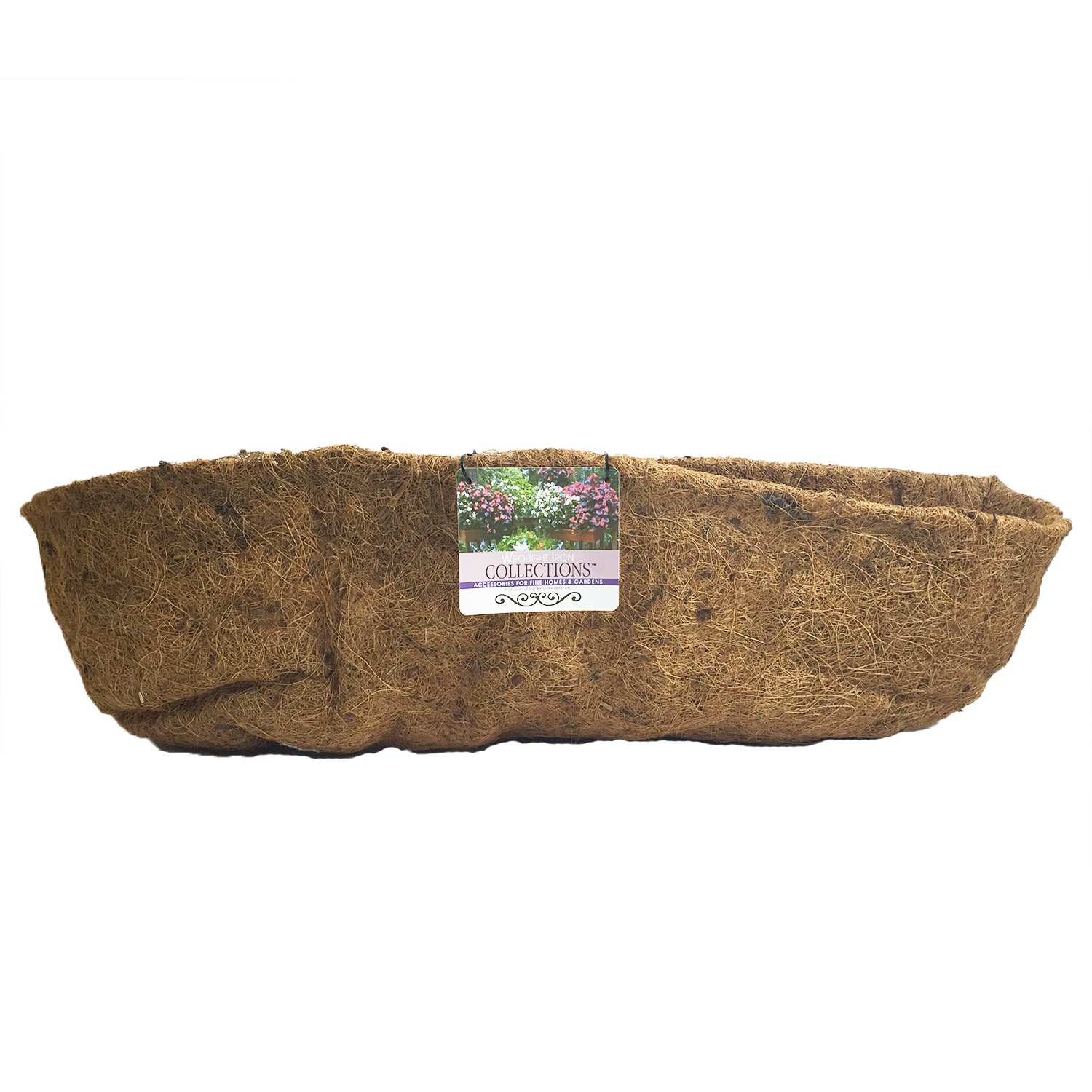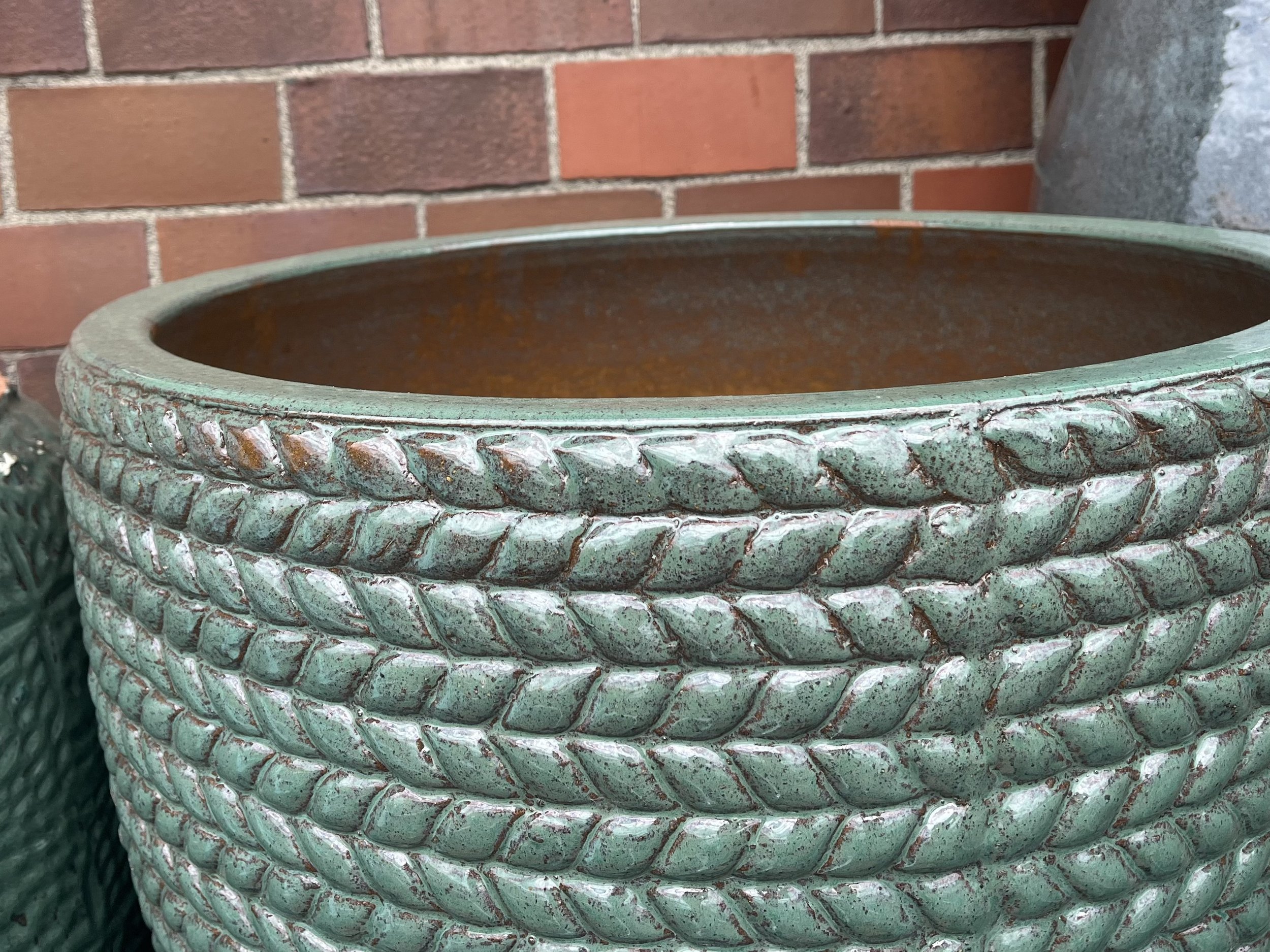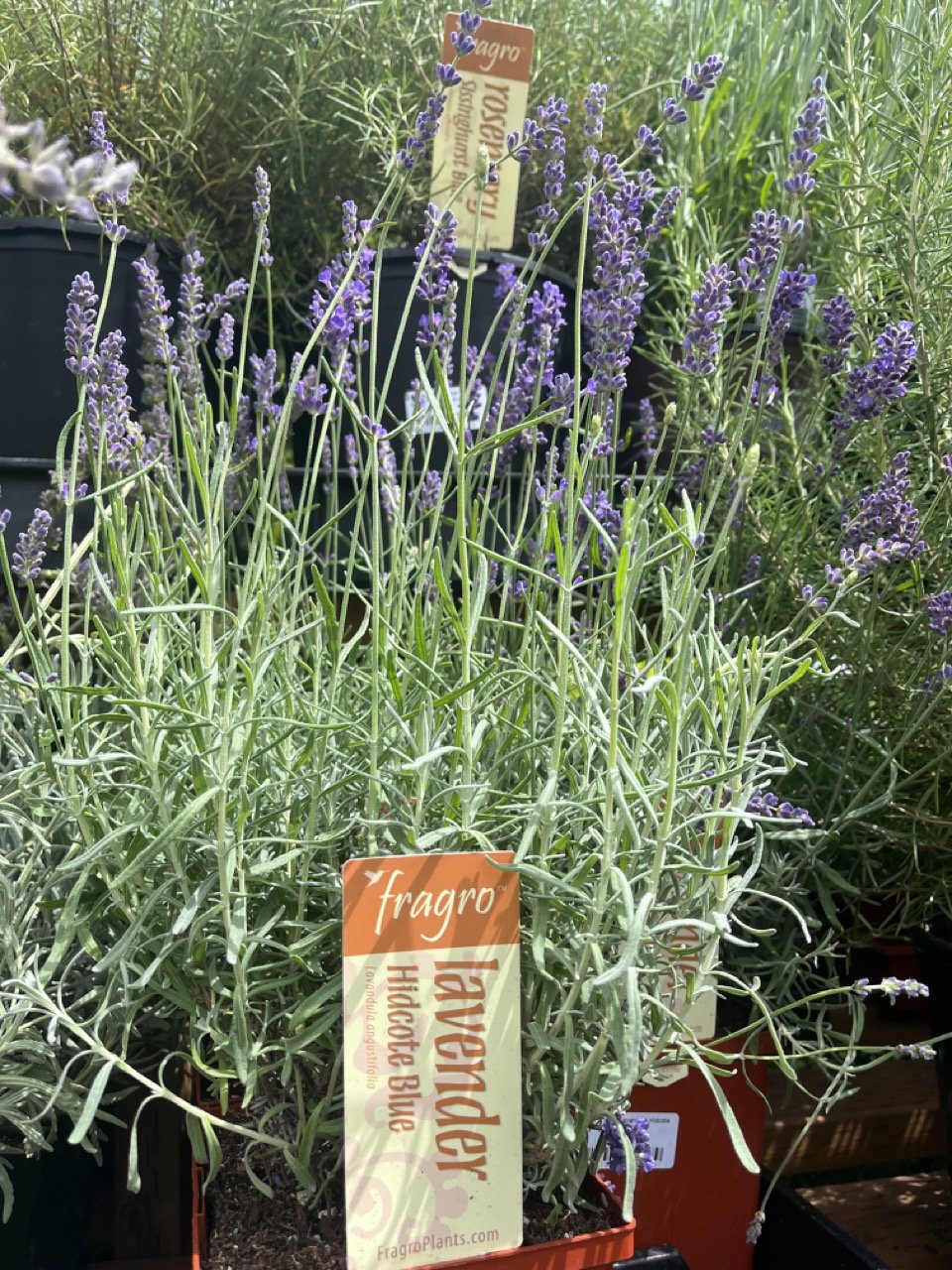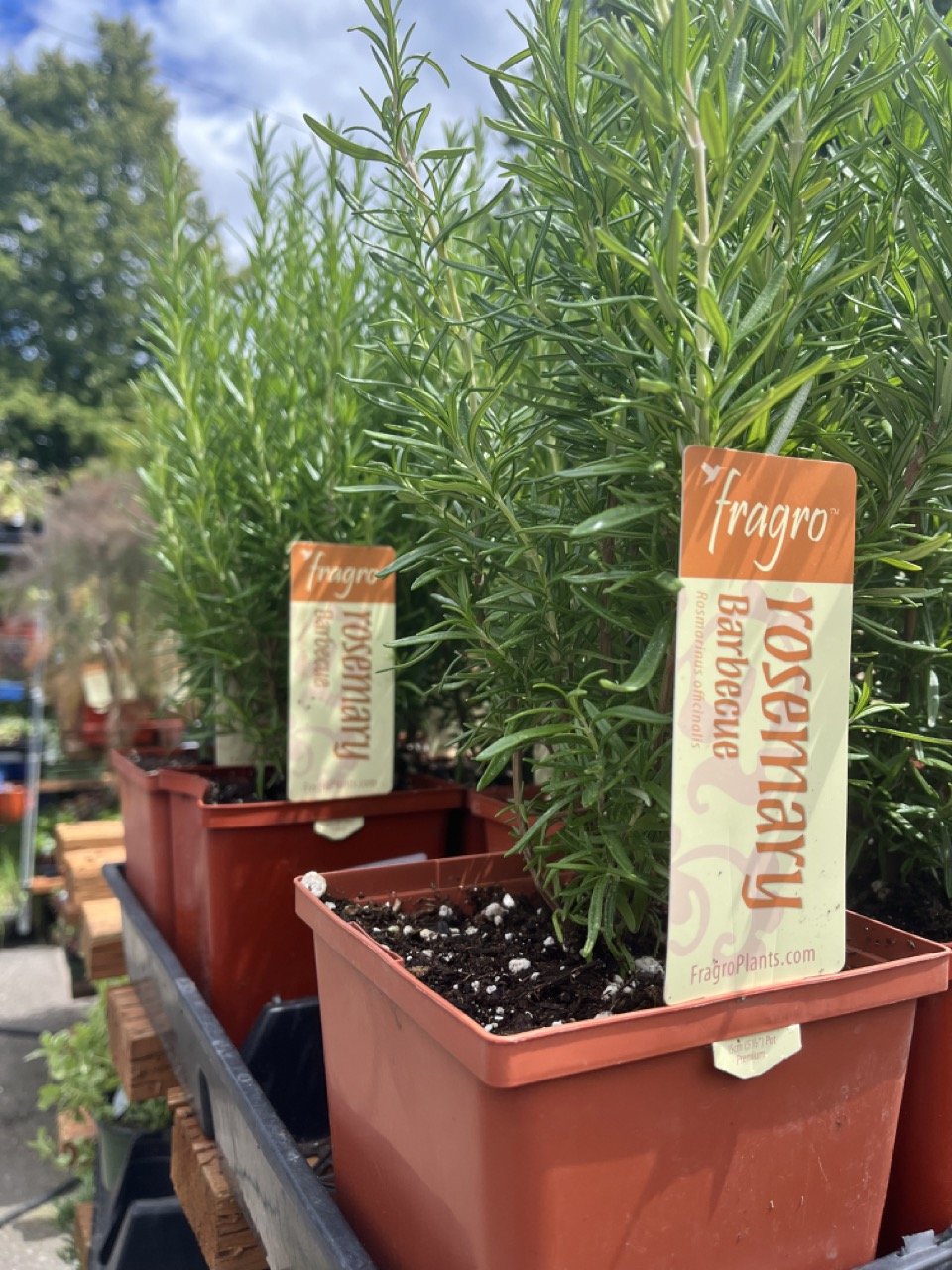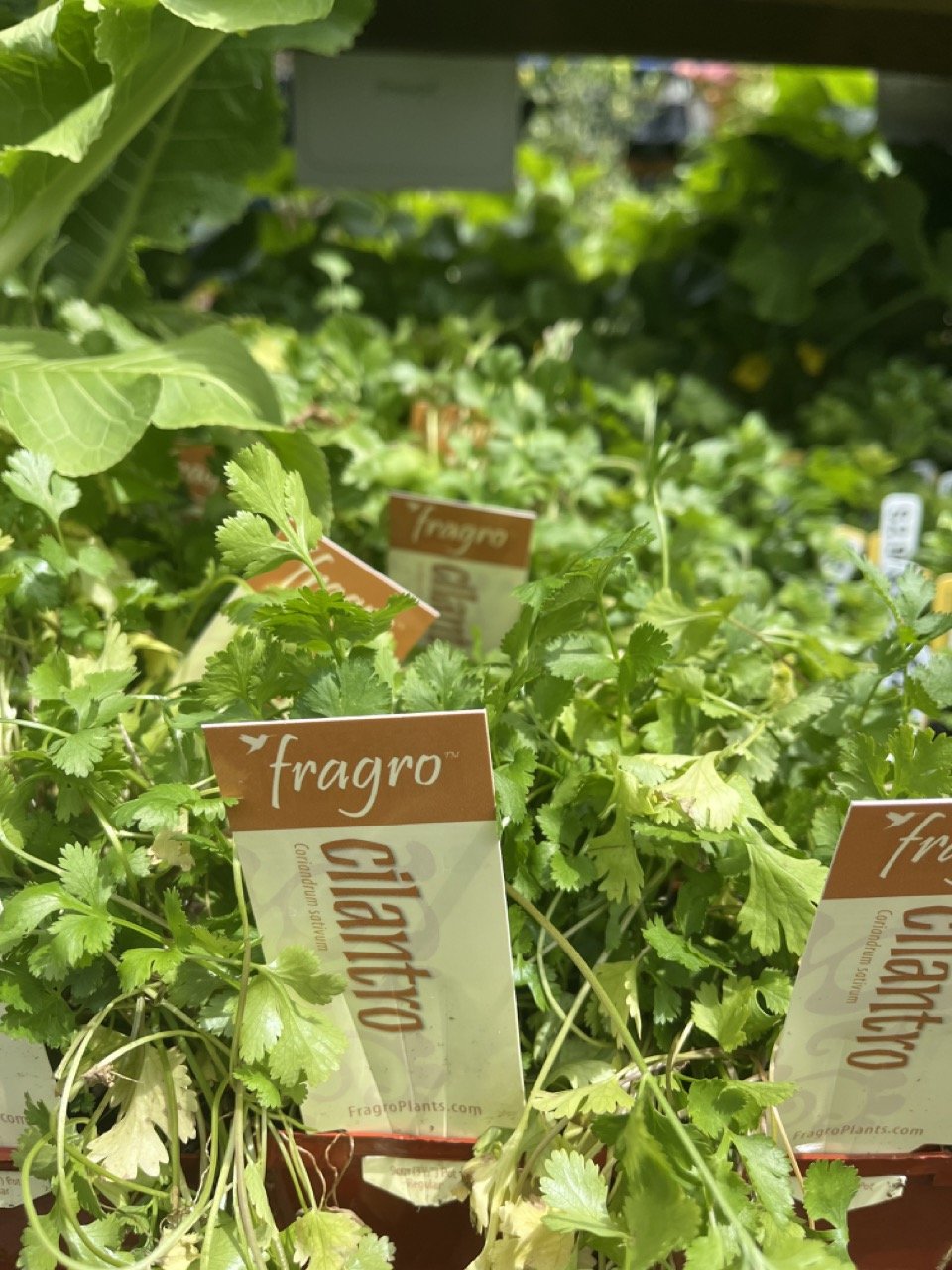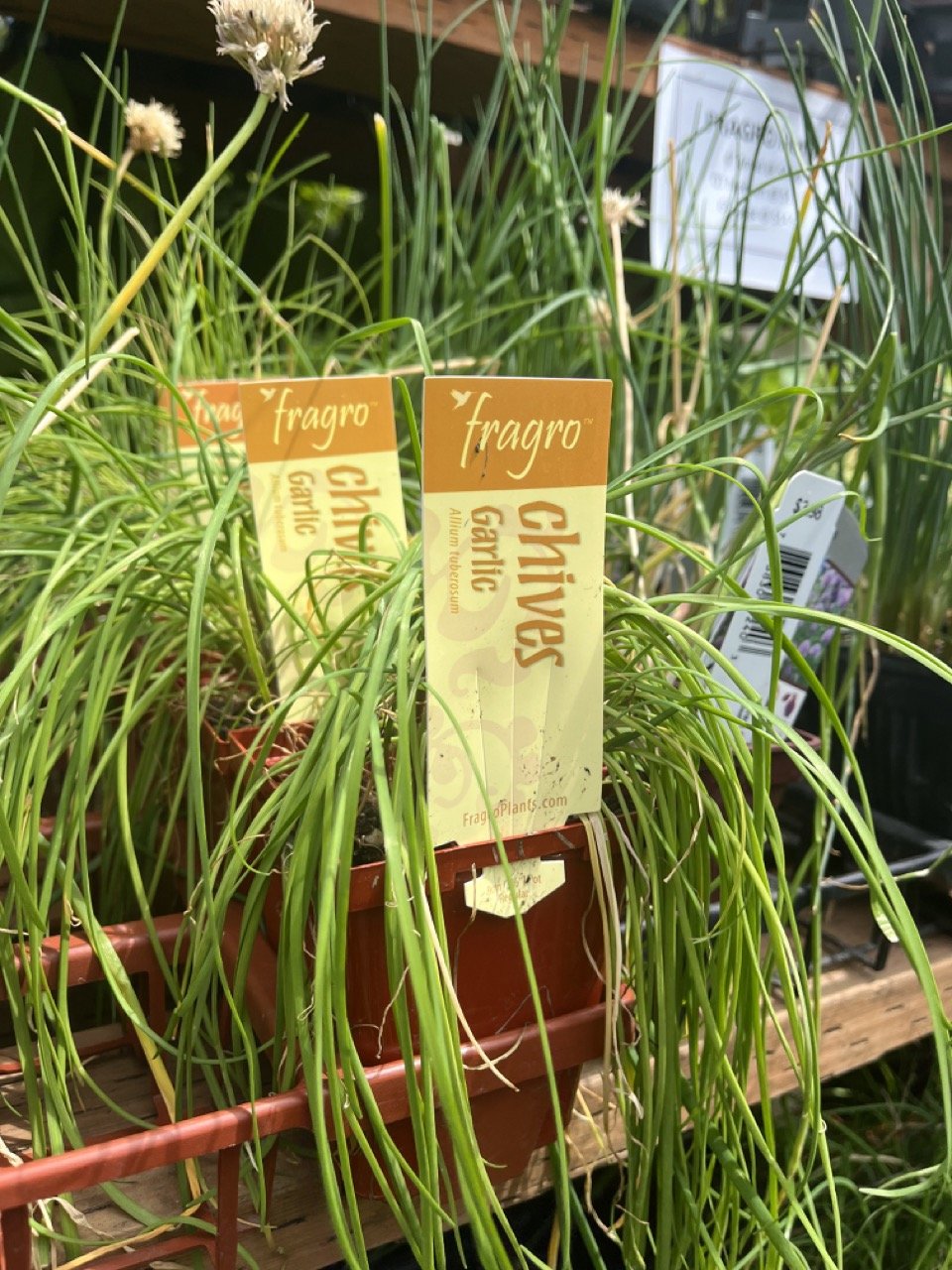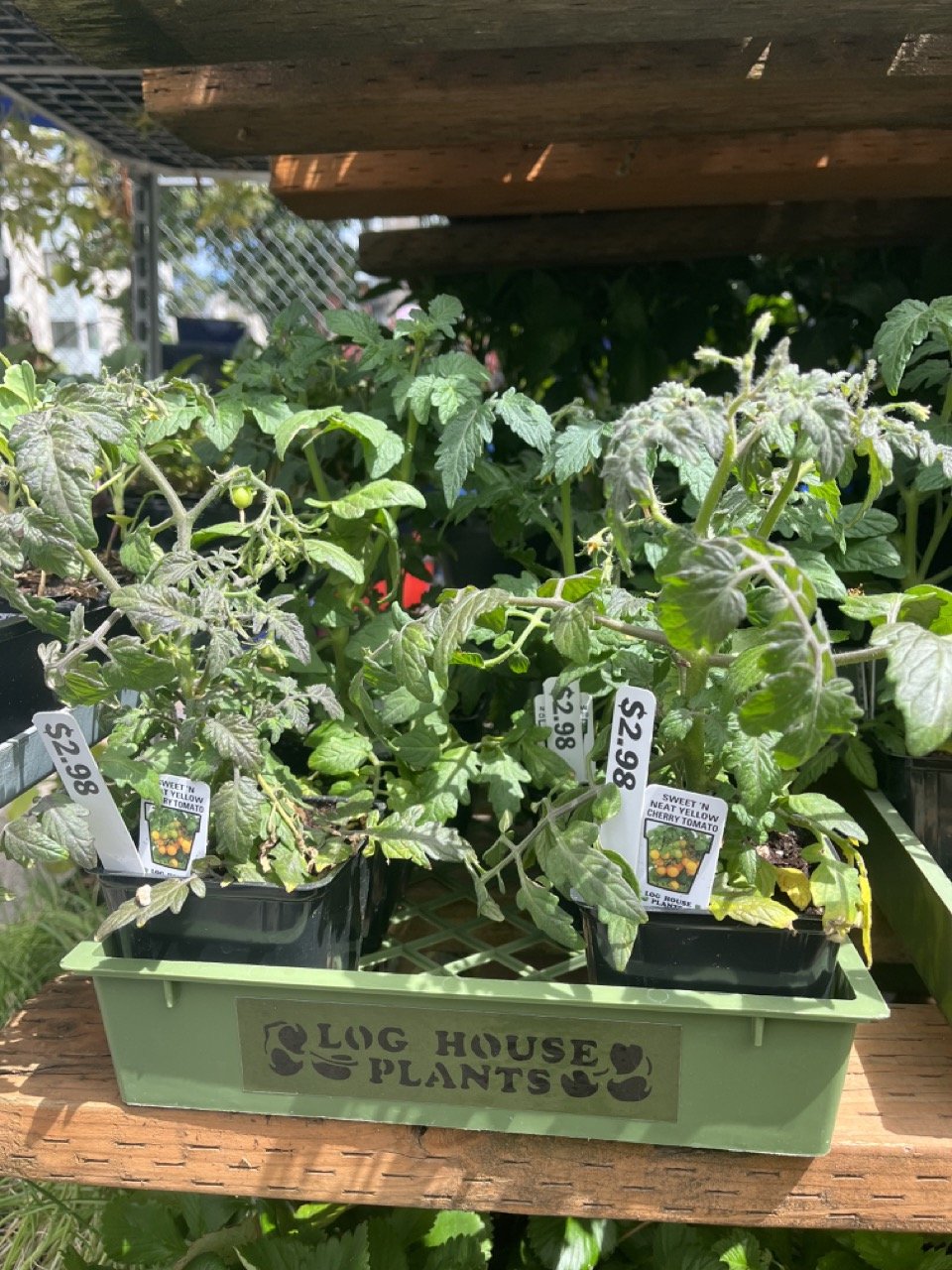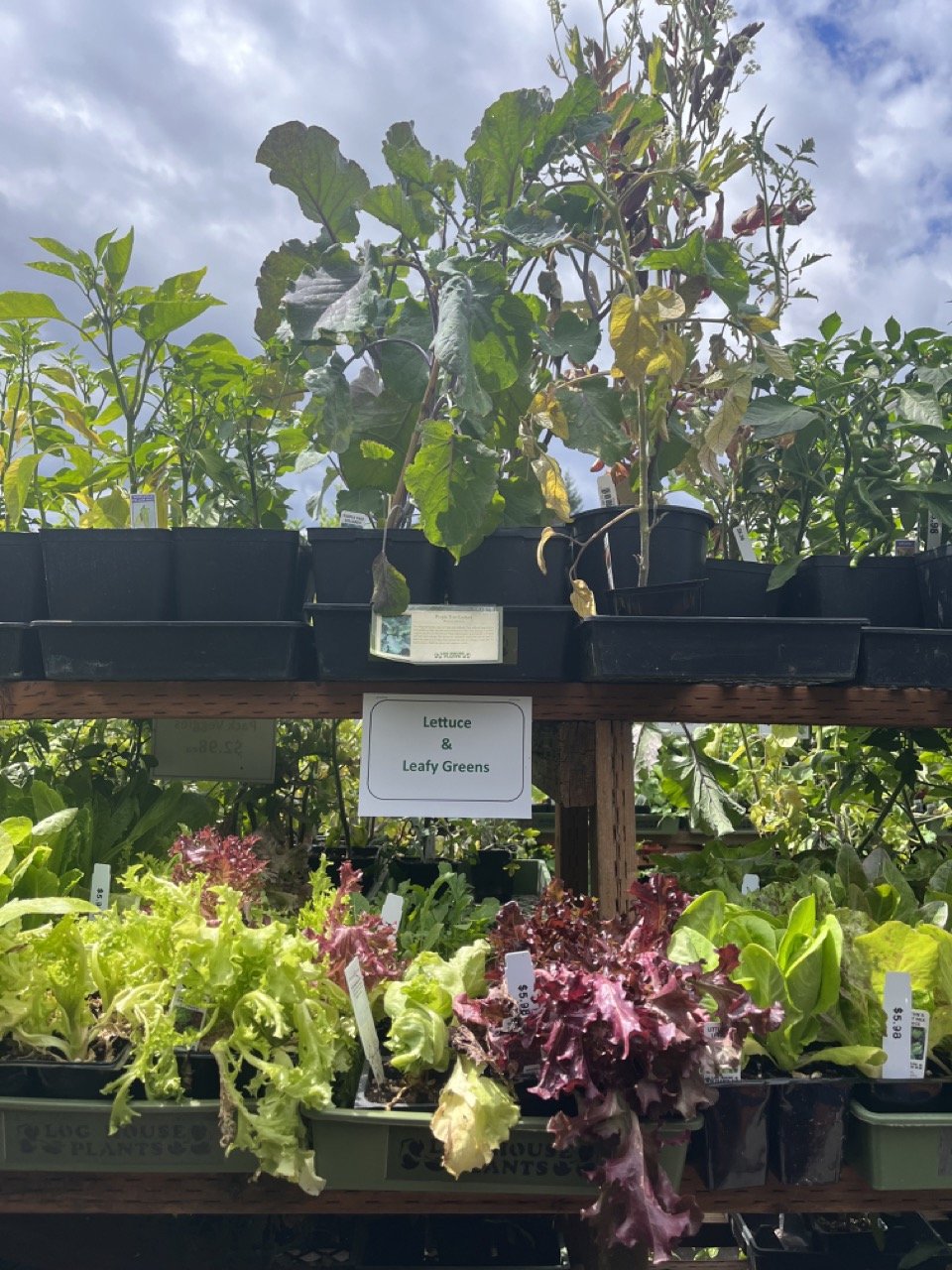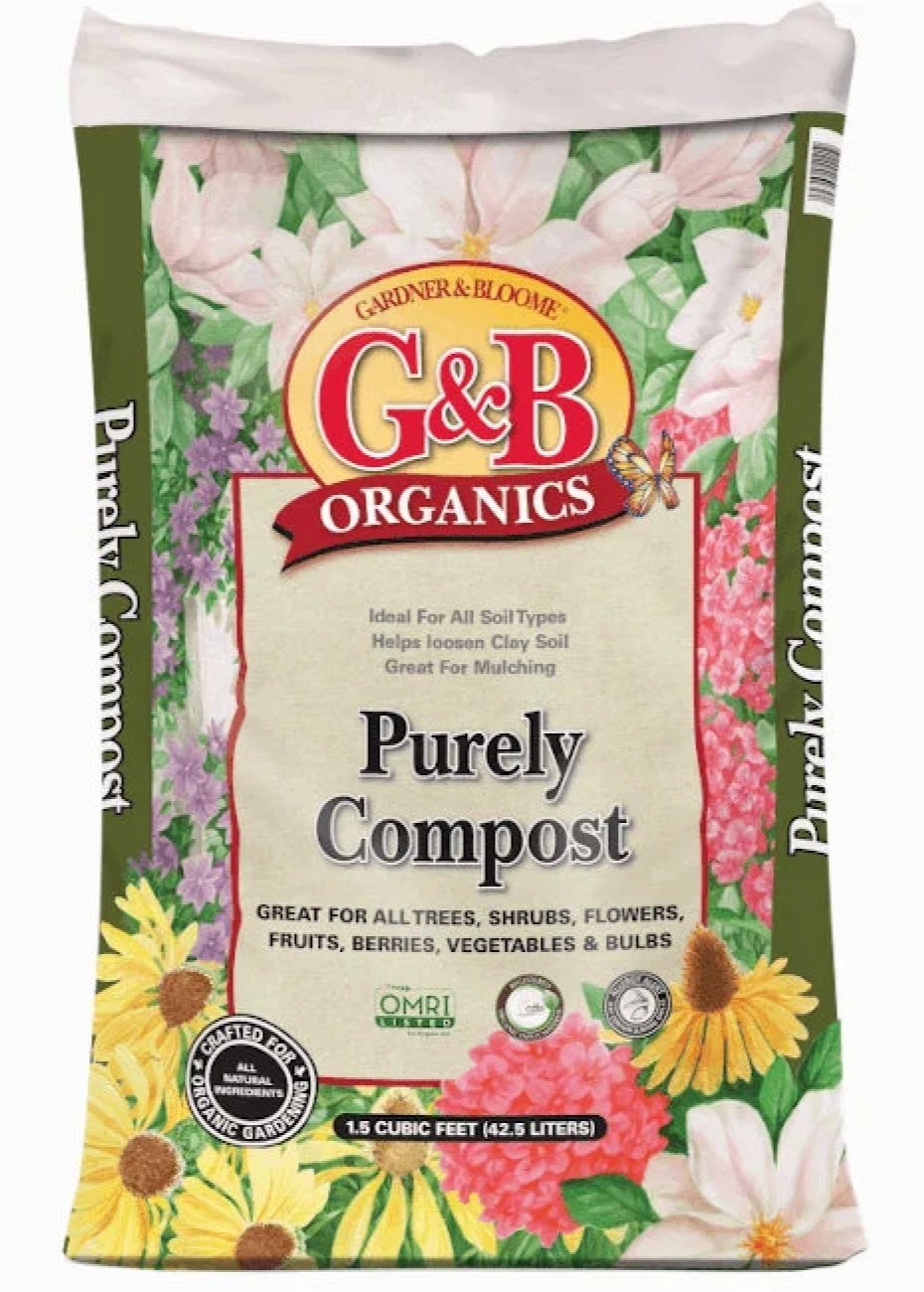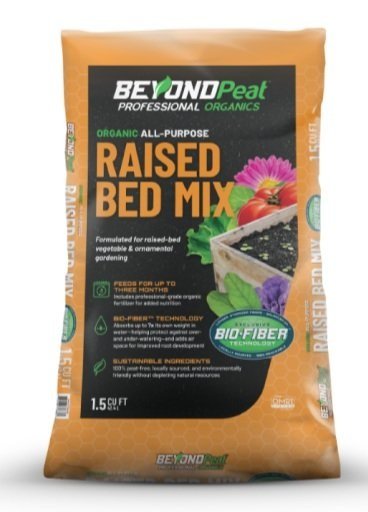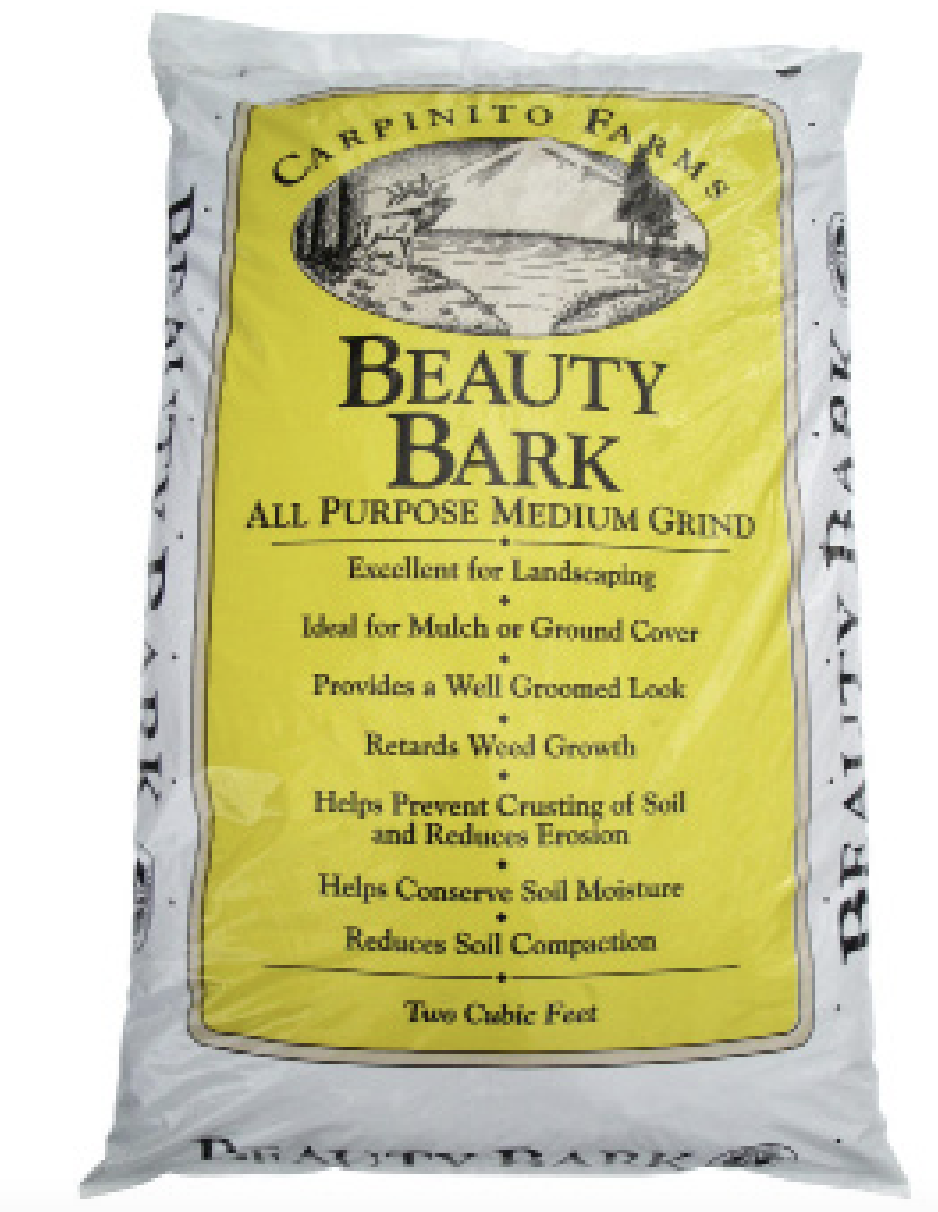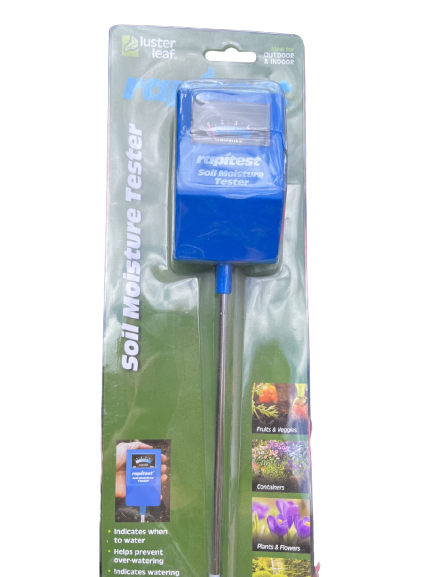Everything you need to know before container gardening
Living in an apartment doesn't mean you have to sacrifice your green thumb and love for gardening. Container gardening provides a fantastic solution for apartment dwellers, allowing you to bring the joys of gardening to your doorstep or even your building's rooftop. Whether you're a seasoned gardener or just starting out, these tips will help you create a thriving miniature garden.
Choose the right container
Selecting the right containers is crucial for successful container gardening. If your apartment does not provide containers, opt for lightweight containers made of durable materials like coconut fiber or ceramic (sold at the Garden Center). If opting for ceramic, ensure your pot has proper drainage holes to prevent root rot and overwatering. Consider the size and depth of the containers, allowing enough space for root growth and stability.
2. Find an appropriate spot
Most plants thrive in at least six hours of direct sunlight, so choose a spot that receives adequate light. Balconies, windowsills, and rooftops are ideal locations. Keep in mind the weight-bearing capacity of the rooftop, especially if you plan to create a larger container garden.
3. Select the right plants
The choice of plants is essential for successful container gardening. Consider the amount of sunlight, temperature, and space available to determine the best plants for your containers. Herbs like basil, rosemary, and mint are excellent choices for small containers, while tomatoes, peppers, and salad greens can flourish in larger pots (sold at Garden Center). Dwarf varieties and compact plants are well-suited for limited spaces.
4. Soil and compost
Using high-quality potting soil is crucial for container gardening. Look for the ‘BeyondPeat Raised Bed Mix’ (sold at Garden Center) specifically formulated for containers, as it provides proper drainage and aeration for healthy root growth. Additionally, incorporate organic compost, like ‘G&B Organics Purely Compost’ (sold at Garden Center) to provide essential nutrients to your plants throughout the growing season, particularly if you are using a community garden container that may have depleted soil.
5. Watering and maintenance
Containers tend to dry out faster than traditional gardens, so it's important to maintain proper watering habits. Regularly check the soil moisture and water when it feels dry about an inch below the surface, or consider using a soil moisture tester (available in the Garden Center). Avoid overwatering, as it can lead to root rot. Mulching the soil surface with organic materials like straw or wood chips (available at the Garden Center) helps retain moisture and reduce evaporation.
6. Pest control
Container gardens are not immune to pests, but early detection and prevention can help keep your plants healthy. Inspect your plants regularly for signs of pests like aphids or spider mites. The solution to pests is often a change of watering regimen. Indeed, overwatering is known to attract spider mites, while underwatering may cause aphid infestations.
7. Pruning and harvesting
Regular pruning and harvesting are essential for the vitality and productivity of your container garden. Remove dead or yellowing leaves, and pinch off spent flowers to encourage new growth. Harvest your herbs and vegetables when they reach their prime to promoting continuous growth and flavor.
Container gardening opens up a world of possibilities for apartment dwellers who yearn for a green escape. With these tips and a trip to West Seattle Nursery, you can transform your apartment balcony or rooftop into a thriving oasis filled with colorful flowers, aromatic herbs, and homegrown vegetables.
